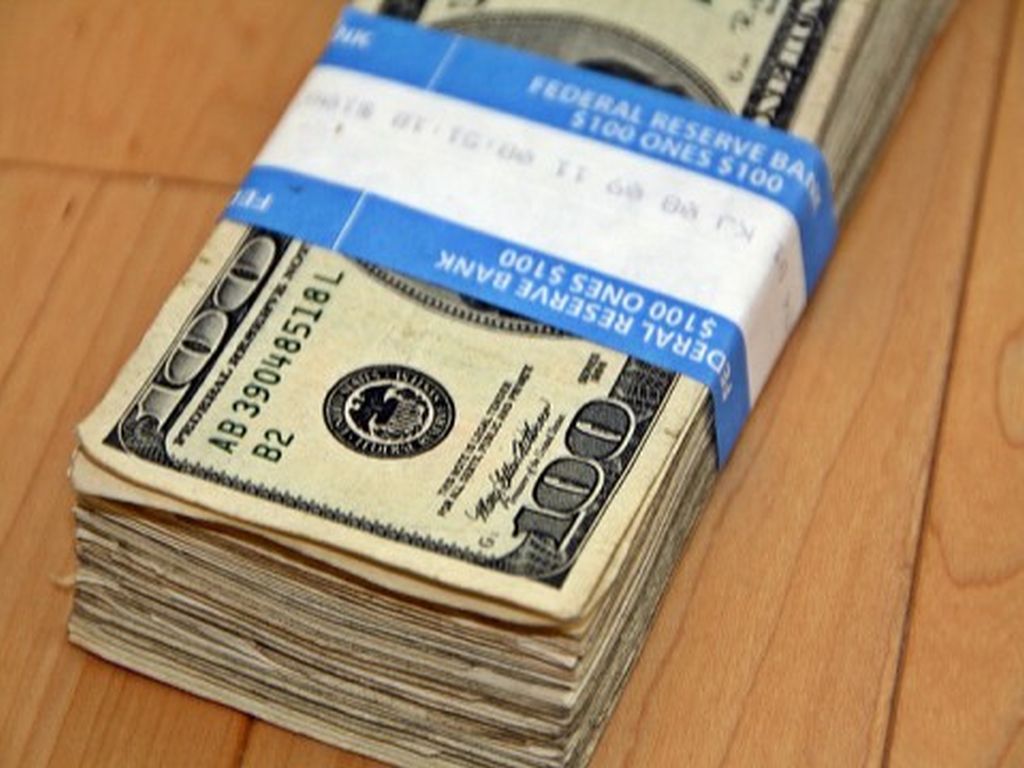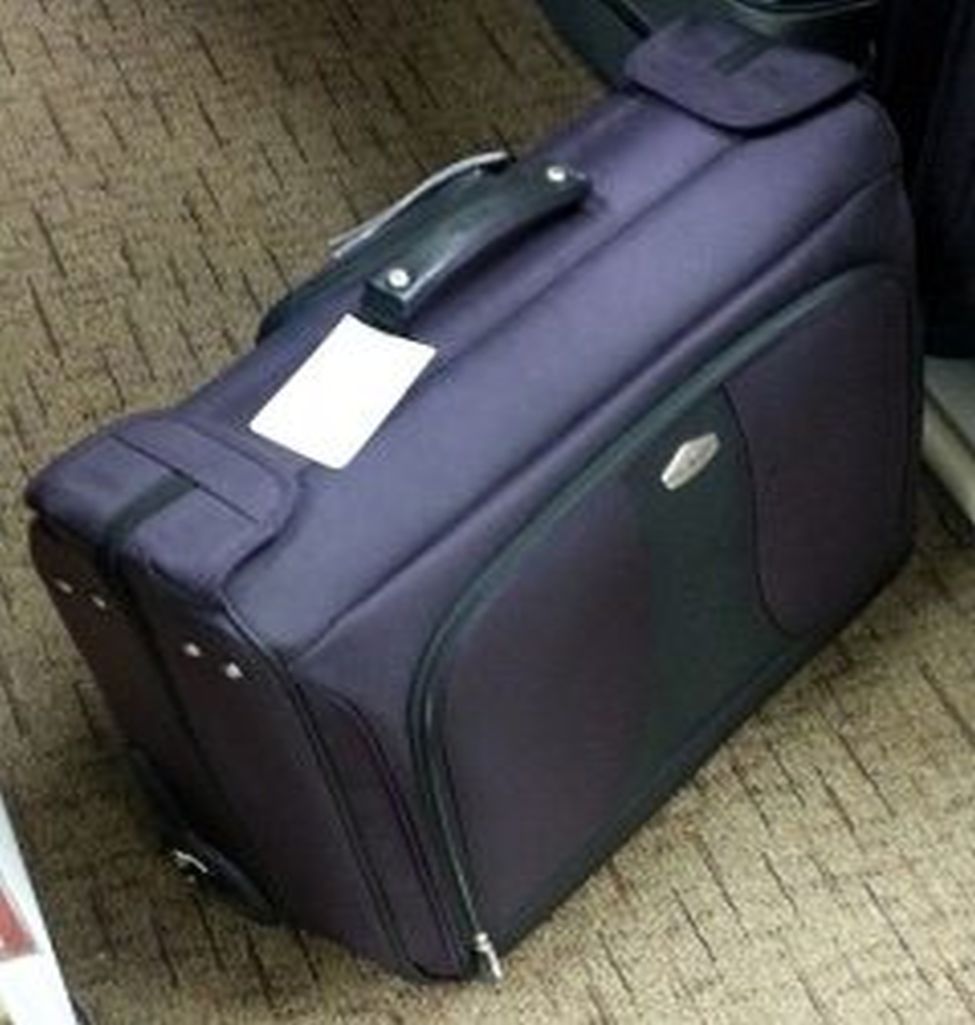Even though tax season is almost over, it’s a good time to think about the types of information you’ll want to have available for your accountant next year. Hopefully you’ve taken care of some of the information that’s pertinent since the beginning of the year. If not, you might have lost some of your possible deductions and expenses. Here’s a few examples and ideas for how to handle these items.

Business Burger!
Let’s look at meal expenses. Whether you’ve had meals with clients or meals when you’ve been traveling, it’s always a good idea to try to save your receipts. Everything you do isn’t covered unless you can indicate why it might be pertinent.
If you’re working out of town and no one else is paying for your meals, these are legitimate business expenses that can be claimed. If you’re paying for your business meals, no matter where you are, via your credit card, you can print out your monthly report and highlight those meals that should be covered. If you have a business credit card, it works better in the long run. At certain restaurants, if you pay via a kiosk, you have the option of either printing out a receipt or having it sent to you by email, which you can print out when you get back to your office.
Any purchases you make that are related to your business, you could buy folders or large envelopes and put the receipts or paperwork in them to give to your accountant. If you do different kinds of business projects, you can write a short message on the paperwork or have different colored folders or envelopes and indicate what they represent on the front.
Monthly bank statements should be kept for your accountant. Hopefully you have a business account for those instead of using your personal account. Most banks don’t charge a monthly fee for a business banking account, and that would allow you to only share what pertains to your business instead of everything across the board. If you do different types of businesses, you should indicate which business those purchases are for so your accountant can share this information on your tax returns as well as highlight for you how much income or expenses impacted you for the year.
As an aside, you should know that things like office furniture can be written off differently over time. It’s known as Sunk Cost, and it allows for certain expenses you’re using to depreciate yet cross over into future years. Take a look at the article we’ve linked to above for more information.
If you use your vehicle for your business, you can keep your gas receipts for write off purposes. In that regard, you might need to track your mileage to get the best tax breaks allowed, or to prove that your mileage was related to business. In general terms, it’s best to track your driving miles daily for the best possible results towards your business expenses. You can also use your business credit card to track how much you’re paying for gas, but it’s not as beneficial if you can do it the other way.
These are just a few things to think about that could be crucial to reducing your business taxes. If you want a few more ideas on how to capture this, check out this link to a short article from a few years ago that might fit your needs better.

